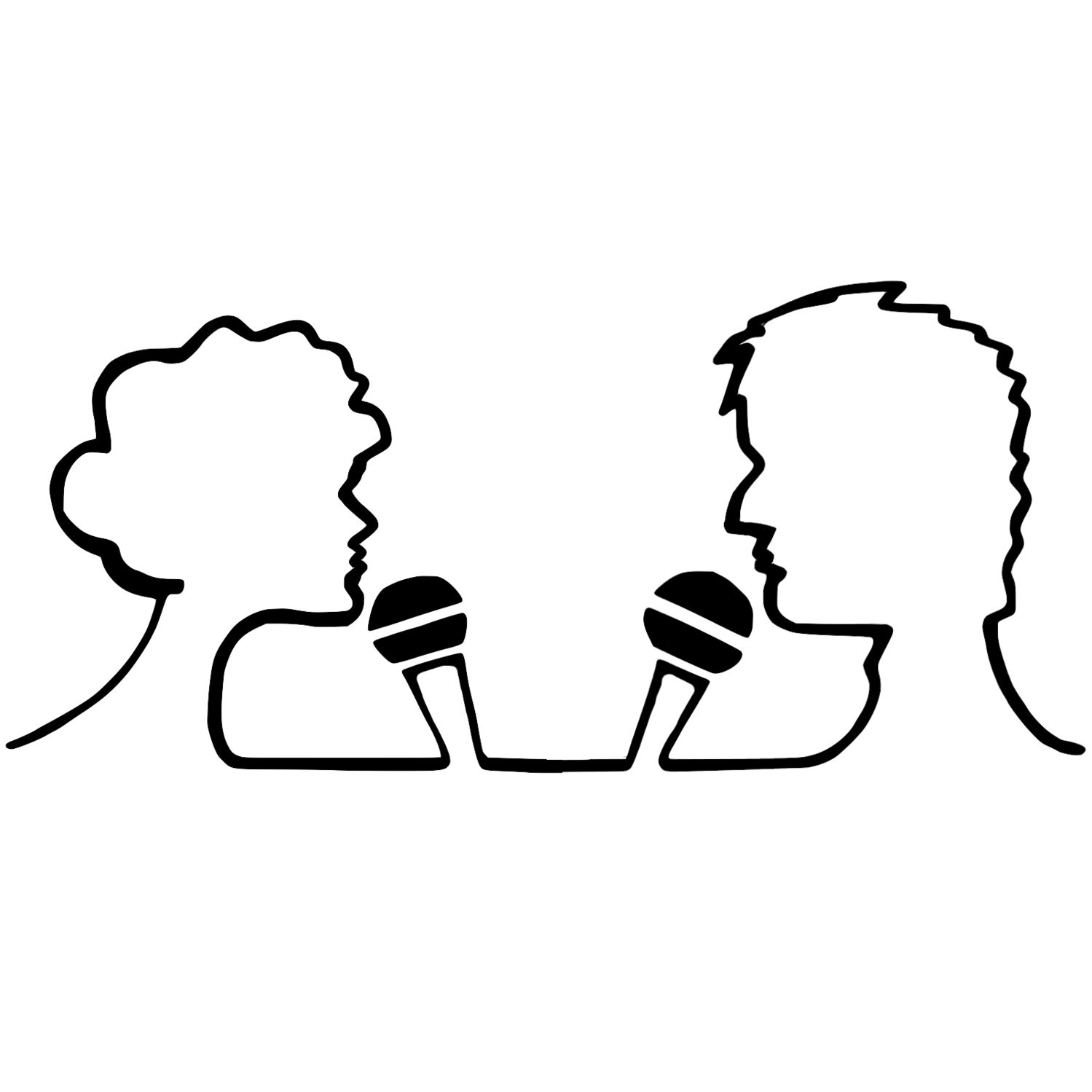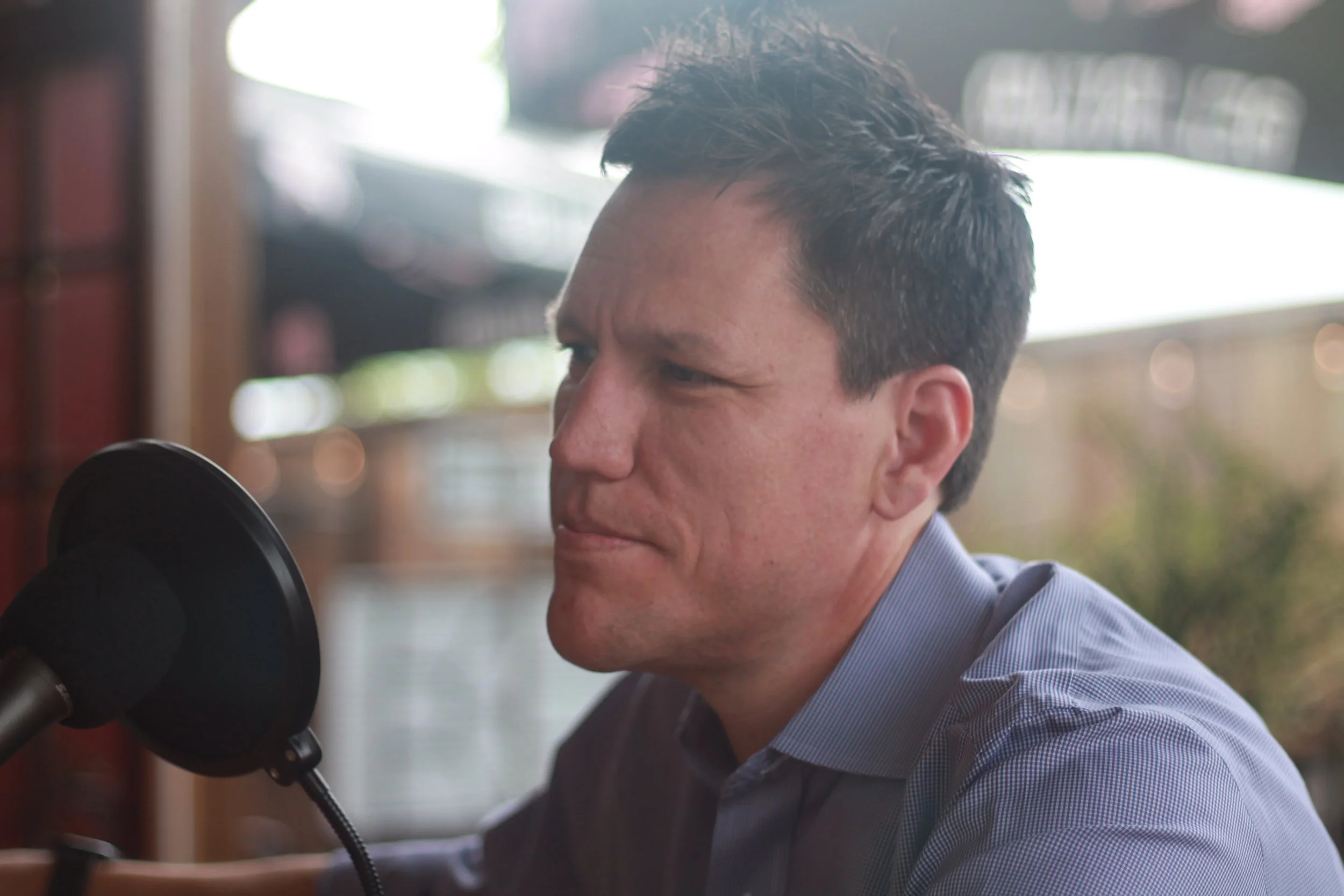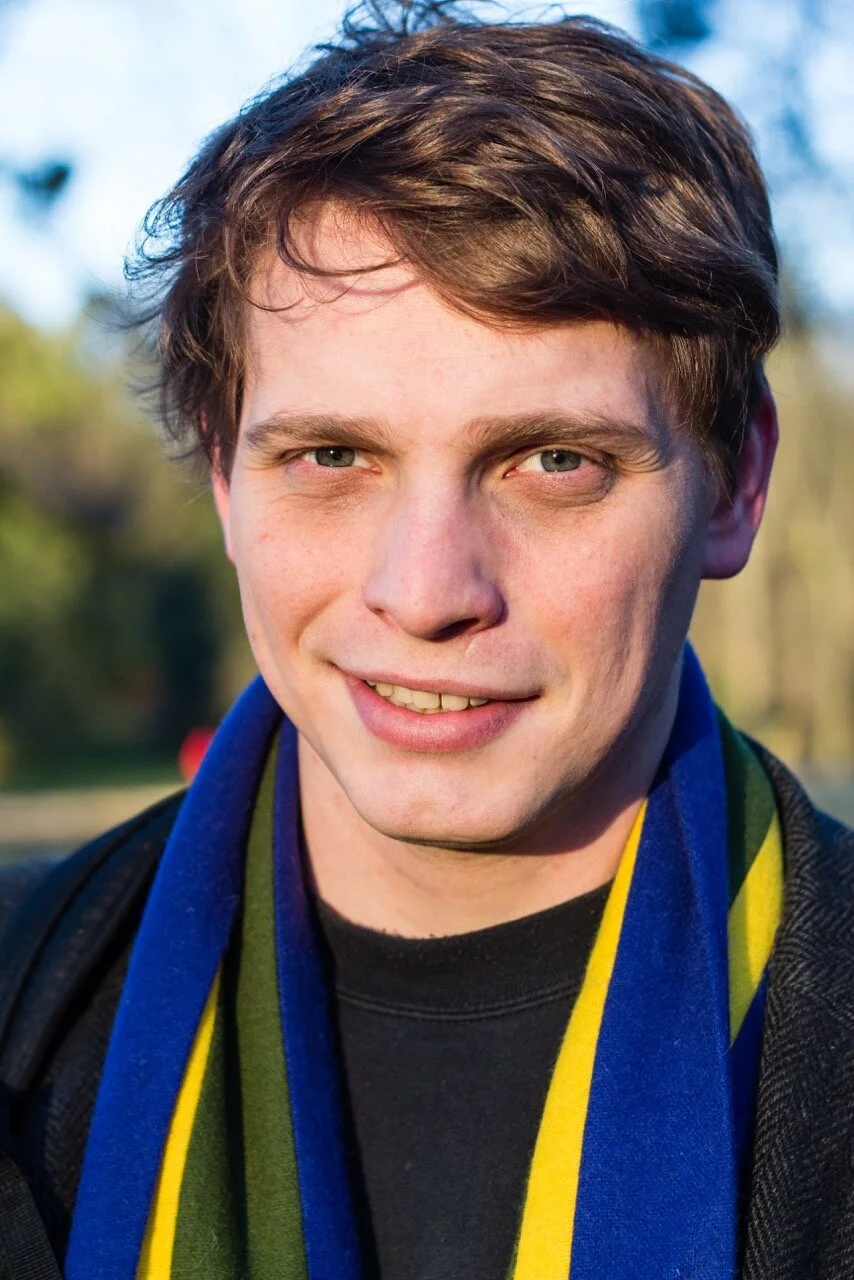Microfluidics is, as the name might imply, the study of small amounts of liquid. Now this may not sound super exciting until you hear Dr. Éadaoin Carthy talking about her field.
Read MoreChemistry and chemicals get a bad rap, but unfairly so. Certainly that’s the view of AP De Silva, someone who fell in love with the subject in his native Sri Lanka and who has continued a fruitful career in Northern Ireland.
Read MoreThat a doctor listens to their patients should not be a surprise, but that they use information from their patients to help improve care may well be. Enter Dr. Jason Wilson an emergency physician, a graduate trained anthropologist and a man with his finger on the pulse of many projects.
Read MoreSo with much fanfare, we launch our accompanying podcast 2Cientificos in Spanish! You’ll be able to find all future episodes on our new dedicated page, but for the bilingual among you, this is one to enjoy here and now.
Read MoreDr. Carina Rodriguez is physician-researcher who has transported her skills from her home nation of Argentina to the US. While she has experience in the prevention and treatment of a wide range of diseases, as a pediatric infectious disease specialist her focus has been on the little ones.
Read MoreDr. Brandon Blue is an oncologist and physician-scientist at Moffitt Cancer Center. As a medical doctor he spends his time treating blood cancers, so this is an apt episode for Blood Cancer Awareness Week.
As a researcher though he's trying to understand more about disparities in diagnosis and treatment of such cancers so that all patients receive better care.
What happens when your psychology research just doesn’t quite scratch that itch any more? Well, in the case of Prof. Edelyn Verona, it means you join with your colleagues to create a Center for Justice Research and Policy, something she is well placed to do as an expert in mental health, and violent and criminal behavior.
Read MoreMeet Annie Sorrell the lover of manatees, from Montana (Annie is from Montana - not the manatees). And Loga Fixico, scientist, philosopher and studier of complex systems. What do they have in common? Well, they both studied at the Center for Native Peoples and the Environment at SUNY ESF, they’re cousins, and they’re cohosts of the NDN Science Show.
Read MoreProf. Nancy Huntly is the scientist who almost never was. All through high school and university she didn’t feel like science was for her, but her curiosity has led her to study ecosystems as an academic, work for government agencies and more recently she's been researching how best to keep grad students in STEM programs. All that was not enough for Nancy though as she has also run for State Senate in Utah!
Join us as we chat about her unique and inspiring journey from pikas to politics
Read MoreWhile at Northwestern University, Dr. Alexandria Volkening and her colleagues developed compartmental mathematical models to predict the 2020 US elections. What's a compartmental model? How do you teach kids about math modeling using Finding Nemo? Which is better: the Parmvir poll or the Alexandria poll? We ask her about this and more.
Read MoreGerrymandering has been described as the process by which the people being elected get to chose the people that elect them. It turns out that, while many people would argue that gerrymandering is not healthy for democracy, doing it right requires some maths.
Dr. Thomas Weighill is a mathematician “weighing in” to do just that.
Read MoreA journey through ecology, evolution, infectious disease, mathematics and computational biology in medicine is what has made Dr. Brandon Ogbunu the scientist he is today. And he is completely unapologetic about it because Brandon’s believes that all these facets of his work, personality and ethnicity put him in a unique position to understand complex interactions. That includes those that we’re seeing in the midst of a pandemic.
Read MoreDr James Gurney is a microbiologist interested in infectious diseases. He is also a big fan of science communication whether that means talking to students in classrooms, hosting his own podcast, or consulting for Kurzgesagt. In fact it’s the latter that inspired us to ask James on our show. You can find the Kurzgesagt on the novel coronavirus here.
We talked about James’ current research, armchair scientists and naturally, COVID-19.
Read MoreBats are a hot topic right now in light of COVID-19, but anyone working on them will tell you these are some of the most misunderstood mammals. Thankfully Dr. Susan Tsang is an expert and she sat down with us to talk about her favorite pollinators. Yes, just like the birds and the bees, we should be including bats among the organisms that help transfer seeds.
Read MoreEat the crust? No, we’re not talking bread, we are talking about that layer of our planet earth, because our guest is geoscientist, Beth Bartel. For someone who’s worked a lot with GPS, much of Beth’s career has been pretty meandering. For now though she’s settled on a job she loves, helping communicate the science of geology and natural hazards, while training other scientists to share their work.
We talked to Beth about the challenge of tackling pseudoscience, and the need for including social sciences to inform other fields of research.
Oz Ismail went from being a research scientist taking pictures of bones, to a doctoral scientist, taking pictures of brains. He spent his PhD imaging as part of a project on Alzheimer’s disease. We talked to him about what’s known about the disease and the difficulties in treatment and diagnosis.
We also talked about how along the way he’s performed stand-up, worked with friends to create the Minorities in STEM community, and how he himself is co-host of a science podcast called Why aren’t you a doctor yet? Thankfully, Oz now is Dr. Ismail and currently playing up his Britishness in Portland, OR.
Read MoreHow many people knew what they wanted to do when they were 9? Sure, maybe you wanted to be a rockstar or a fire fighter, but a psychologist? Well we know one person at least! Dr. Lindsey Rodriguez is a social psychologist interested in the science underlying close relationships. As the director of Healthy Emotions and Relationship Theories (HEART) Laboratory she and her colleagues are looking for new ways to help people with difficult relationships.
We talked to Lindsey about her work studying how alcohol can be harmful and helpful in romantic relationships, and how to do that in a scientific manner.
Read MoreScience, genetics, teaching and policy. Four things that easily define our guest Dr. Amy J Hawkins. She’s studied the ways that DNA can be damaged in cancer. She’s worked on curricula to help teach genetics at the Genetics Science Learning Center in Utah. She’s worked with policy makers to help improve the lives of fellow Utahans.
All makes sense because science, people and politics are all connected. Find out how in this episode with Amy.
Read MoreKnock knock.
Who’s there?
Since this is the extent of our joke-telling ability, we’ll leave the real thing to the experts and one of our favorites is Kyle Marian. She began her scientific career as an anthropologist, but has since transitioned into communicating science through…comedy?
Find out more about the parallels between academia and stand-up, and how Kyle uses her art as a powerful tool to include those most disenfranchised.
Before we go on though, this episode contains a lot of strong language and explicit content. Now that you’ve been warned, go forth and enjoy!
Read More



















